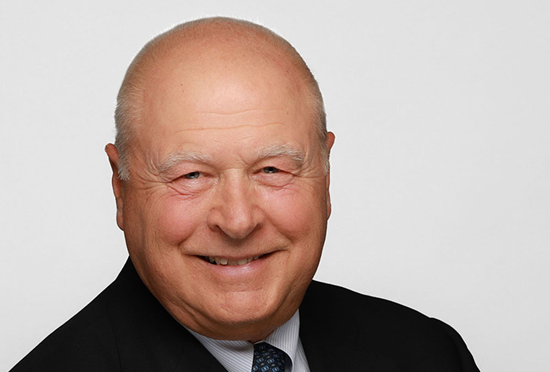Asia faces up to ESG challenges

Asia is lagging behind Europe when it comes to sustainable investing and stewardship several issues need to be tackled during 2017 to achieve global standards, according to a new report by MSCI ESG Research.
Despite six Asian countries that developing stewardship codes since 2014, “the hard part starts in 2017,” the report reads.
As Asian institutional investors explore what it means to be active owners in promoting sustainable growth, they will increasingly face two main challenges according to the report: "The challenge of short- vs. long-termism, and the structural social and environmental challenges specific to each Asian market.”
MSCI identified Japan as the stand-out performer in Asia,
having potentially progressed the furthest in the past two years. In a survey
conducted by Japan’s Government Pension Investment Fund (GPIF), the world’s
largest with $1.2 trillion in assets, just over 60% of the fund’s companies
reported changes in their interactions with GPIF’s managers.
Despite this development, tension remains between the
short-term compliance mentality of investment managers versus the long-term
goals of asset owners. Short-termism may be winning, MSCI reports. The volume
of share repurchases among Japanese companies has increase to JPY5.1m as of September, up 24% from June 2015, suggesting pressure on companies to
raise returns on equity.
Meanwhile asset owners that aim to promote sustainable growth
over the long term have few means to differentiate among investment managers who view engagement as a mere box-ticking exercise.
Macro difficulties
Investors who promote stewardship in Asia also face the
challenge of tackling macroeconomic issues. Japan in particular faces a looming
scarcity of human capital and a labour force that is projected to shrink by 12%
in the next 10 years.
Further, the number of females in management positions in Japan
was as low as 2% in sectors including energy and materials, as of July 2016.
Institutional investors are starting to notice, hence the
Bank of Japan created five exchange-traded funds (ETFs) in 2016 aimed to specifically
invest in companies with plans to invest in physical and human capital.
Active ownership
Investors in Japan are unsure on whether to view stewardship
as a formality or to view it as a shift in their engagement practices with
companies to help create value over the long term.
Similarly, Taiwan,
Malaysia and Hong Kong will have all adopted stewardship codes that put the
concept of active ownership on investors’ agendas. Taiwan’s Bureau of Labor
Funds recently committed $2.4 billion to socially responsible investments.
“While a change in mind-set among institutional investors
and companies may take years, 2017 should be a year of ferment and discovery
across Asia about what is takes to create value sustainability over the long
term."
Found this useful?
Take a complimentary trial of the FOW Marketing Intelligence Platform – the comprehensive source of news and analysis across the buy- and sell- side.
Gain access to:
- A single source of in-depth news, insight and analysis across Asset Management, Securities Finance, Custody, Fund Services and Derivatives
- Our interactive database, optimized to enable you to summarise data and build graphs outlining market activity
- Exclusive whitepapers, supplements and industry analysis curated and published by Futures & Options World
- Breaking news, daily and weekly alerts on the markets most relevant to you



